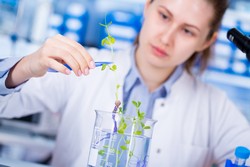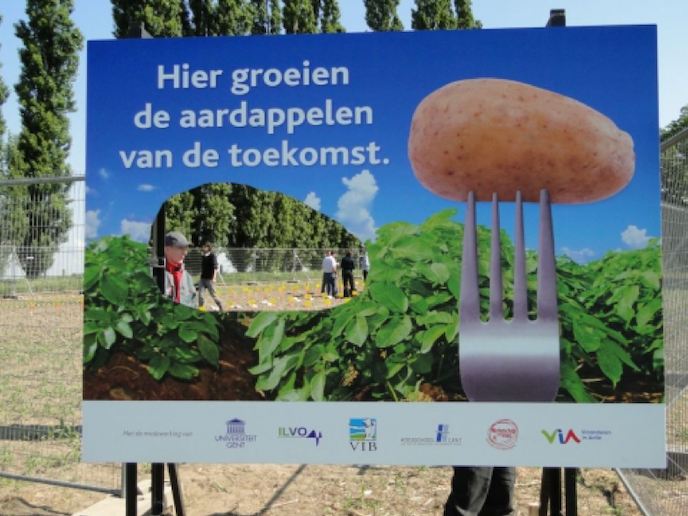Regulation of plant traits through epigenetics
Epigenetic gene regulation confers stability of gene expression patterns through cell division, while allowing changes in expression in response to environmental or developmental cues. Although changes in epigenetic gene regulation are a major reason for variation in traits, no rational strategies have been developed to use this information for the purpose of crop breeding. An EU-funded initiative EpiTRAITS(opens in new window) (Epigenetic regulation of economically important plant traits) investigated flowering, one of the key plant traits controlled by epigenetic mechanisms. The project bridged the gap between fundamental and applied research by training young researchers to translate results from epigenetic research in the model plant Arabidopsis thaliana to improve technologies for crop breeding and molecular diagnostic tools. To improve their career prospects young researchers were provided with a broad range of skills and knowledge and introduced to an extensive professional network within Europe. They also attended courses, workshops and work placements in partner groups within the network. This enabled them to fully profit from the multidisciplinary expertise within EpiTRAITS and enhance their expertise and scientific output. Scientific data produced by EpiTRAITS provided insights into gene regulation at the DNA, chromatin and nuclear organisation level. A multidisciplinary approach was used ranging from molecular to cell biology, genetics, biochemistry, bioinformatics and mathematical modelling. Results also highlighted that epigenomic profiles were generated and used to predict new regulatory sequences in maize (Zea mays). In addition, gene expression models embedded within multicellular models showed that the relevant genes were expressed in the correct zones, and that only two positional cues were needed to achieve this result. EpiTRAITS disseminated its results and knowledge through several outreach activities including four videos, written and directed by the research fellows. The video 'When do I flower?'(opens in new window) is available on YouTube in English, Dutch, French, German, Polish, and Spanish. A better understanding of epigenetic gene regulation in plants will contribute to crop breeding and hence food security.







